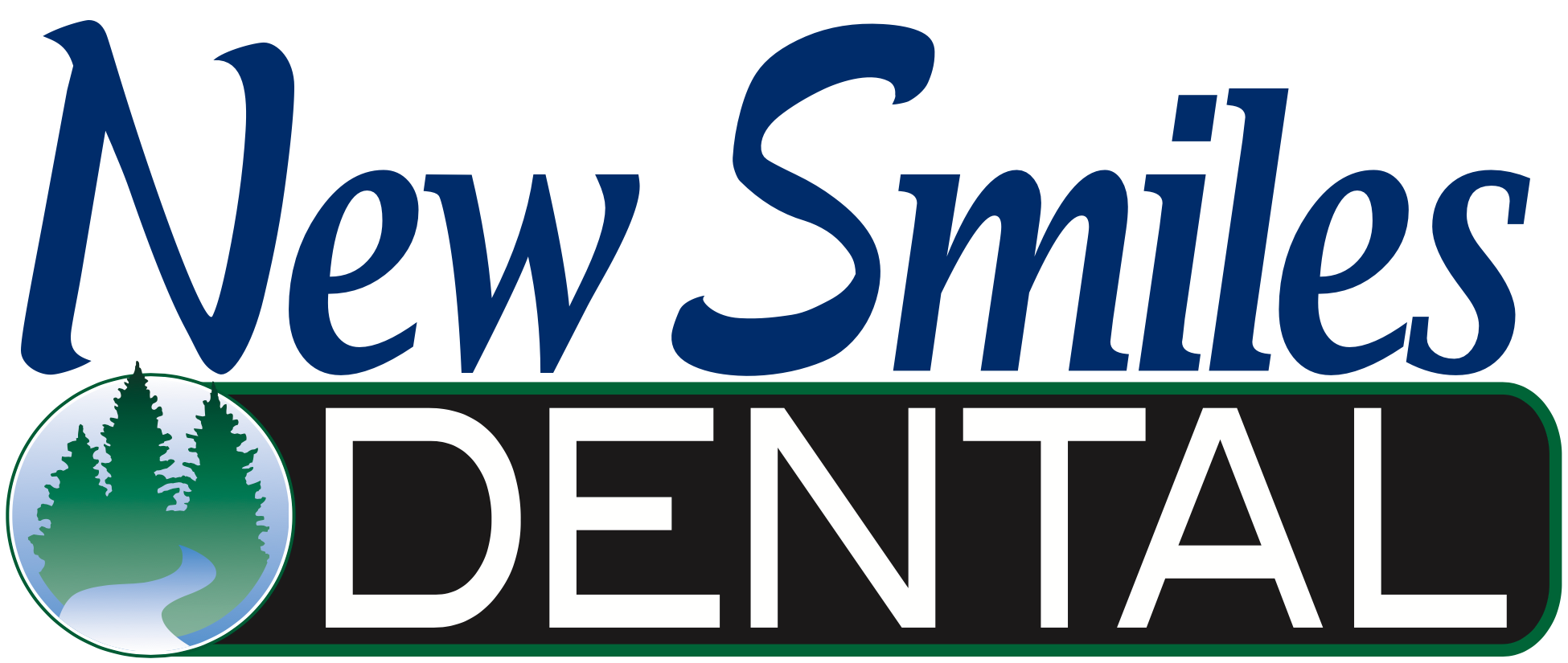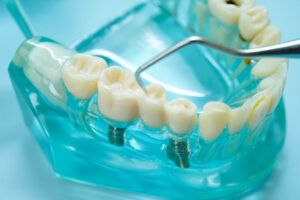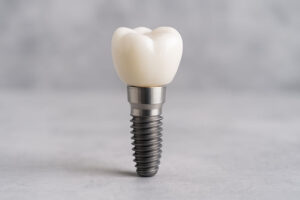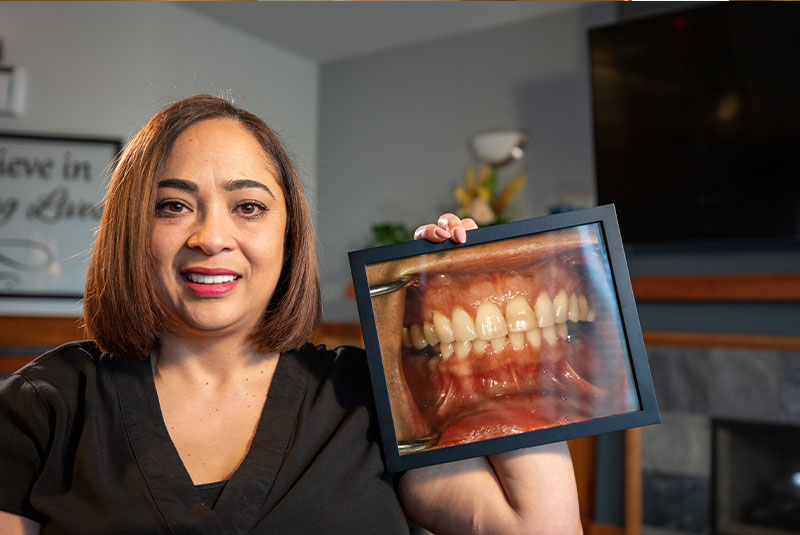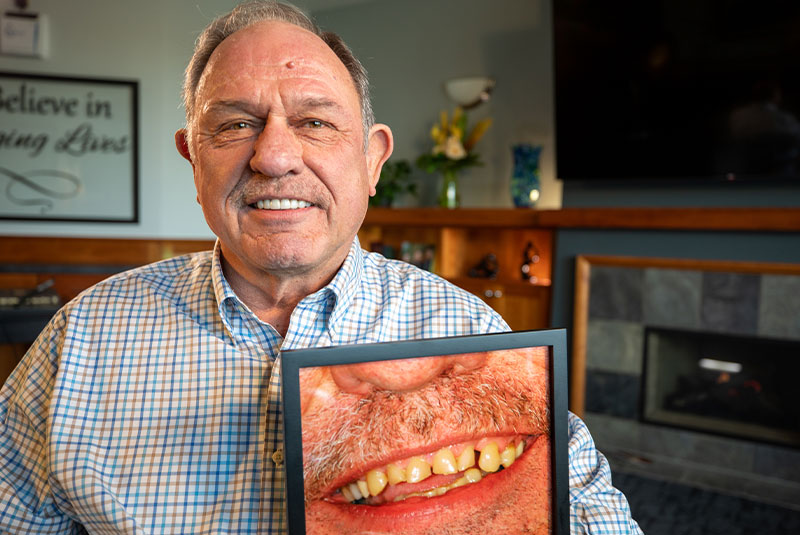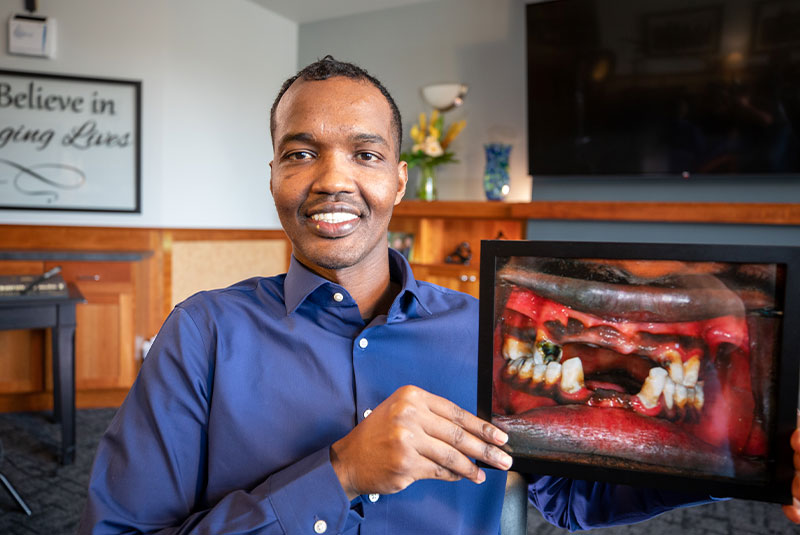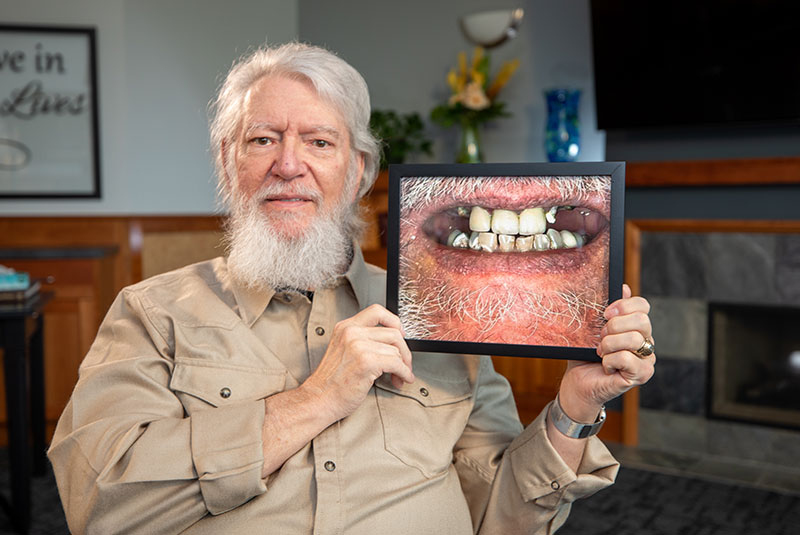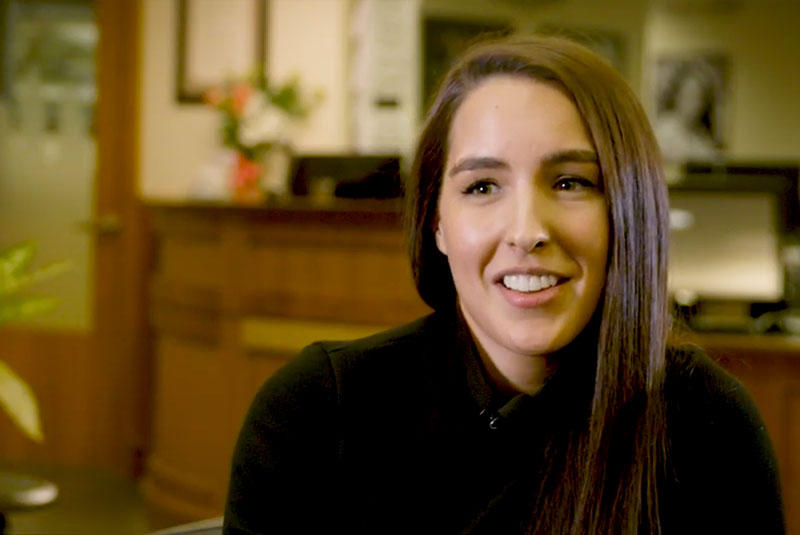Snoring is an irritating problem not only for those who sleep in proximity to a snorer but also for the person who is making the ruckus. In recent years, we have become much more aware of the negative impact of snoring. However, this awareness has revolved mainly around the fact that snoring is, well, annoying to those around us. Here, we want to discuss another concern that snoring presents: the presence of obstructive sleep apnea.
Not every person who snores is affected in the same way. Obstructive sleep apnea is a sleep disorder that involves snoring to the extreme. Episodes follow a pattern that goes like this:
- The body becomes relaxed in light sleep, and snoring begins;
- Snoring grows louder as the airway narrows under the pressure of relaxed throat muscles;
- Disruptive, loud snoring stops, indicating that the airway has completely closed;
- The brain jolts the body with adrenaline to restart respiration;
- A gasp or choking sound may be made.
This process can repeat on an endless loop throughout the entire night. The person to whom this is happening may never be aware of these steps, so will need to look for clues that something is going on beyond the usual snoring habit.
Clues to obstructive sleep apnea may be subtle at first. The mild nature of any symptom does not mean you should wait to schedule a consultation for treatment. The longer sleep apnea continues, the more harm is done to health and wellness.
How do you know?
Some of the most prominent clues that you may have obstructive sleep apnea include:
You’re always tired.
Many of us feel fatigued for periods of time. This may relate more to burning the candle at both ends than to a sleep disorder. People with obstructive sleep apnea are severely sleep deprived and may notice that they doze off at stoplights, at their desk, or while watching a television show after dinner.
Your blood pressure has increased.
We don’t typically correlate high blood pressure with sleep. In the instance of obstructive sleep apnea, we can look at high blood pressure and snoring as reliable indicators of a problem. When the body is deprived of oxygen, blood vessels constrict in a kind of survival instinct. When constriction occurs, and the body is flooded with adrenaline, blood pressure naturally rises.
Several clues may suggest that snoring is a more significant problem than you think. Obtaining an accurate diagnosis of obstructive sleep apnea can lead to efficient, comfortable care planned and monitored by your dentist. To learn more about how we treat obstructive sleep apnea, call our Sherwood office at (503) 925-9595.
